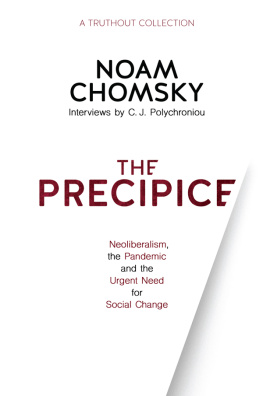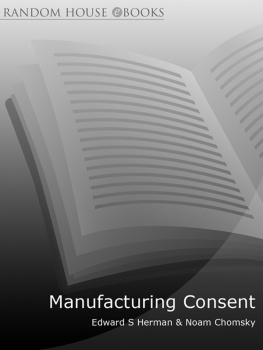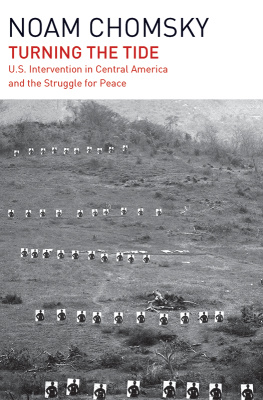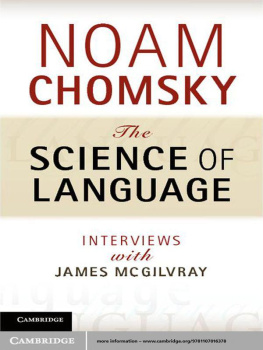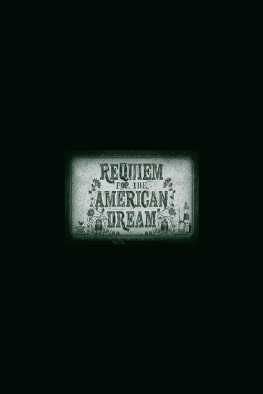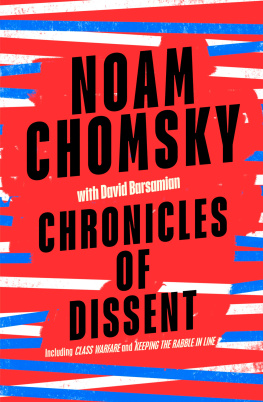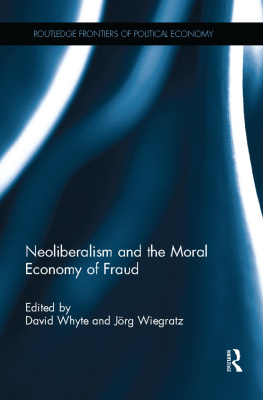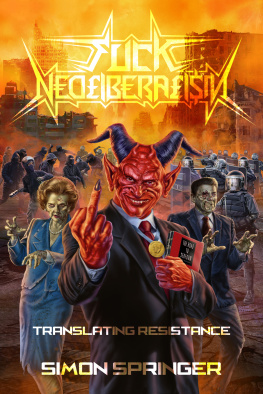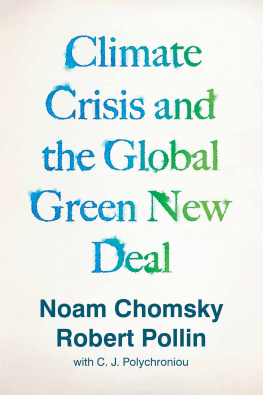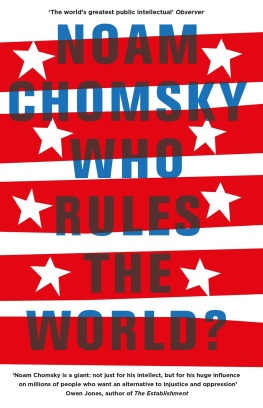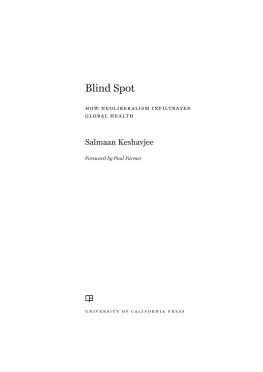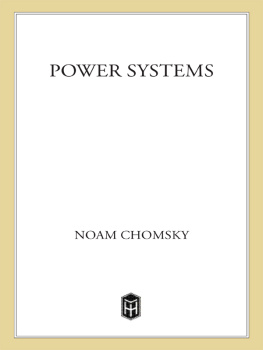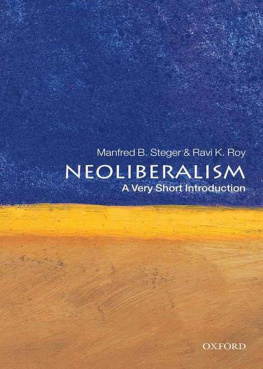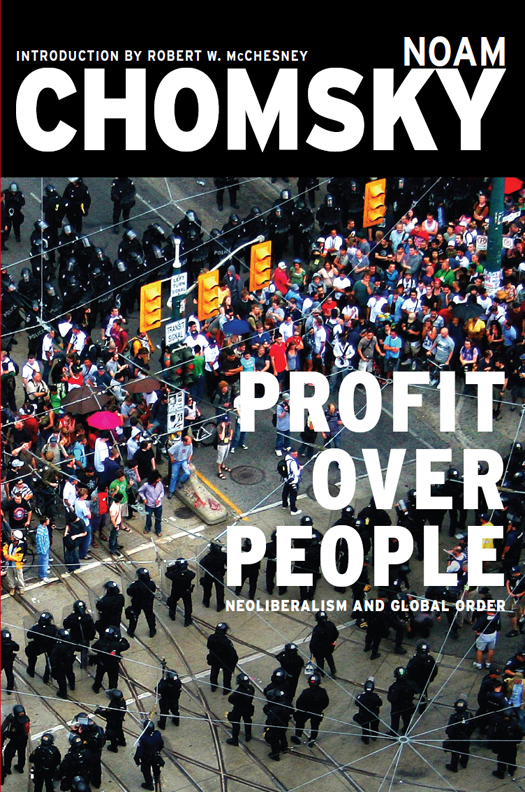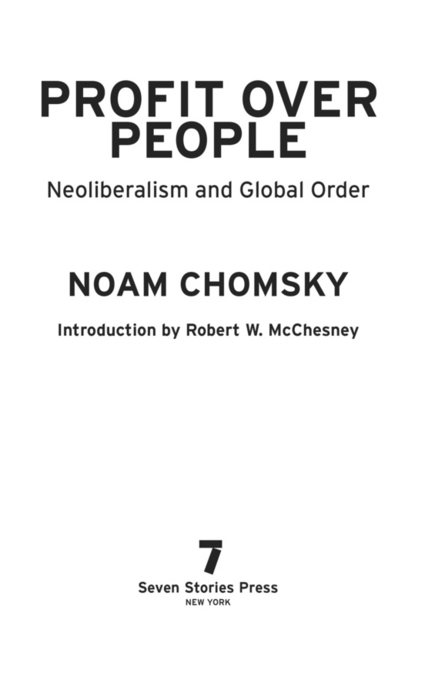Copyright 1999 by Noam Chomsky
Introduction copyright 1998 by Robert W. McChesney
All rights reserved. No part of this book may be reproduced, stored in a retrieval system, or transmitted in any form or by any means, including mechanical, electric, photocopying, recording, or otherwise, without the prior written permission of the publisher.
Seven Stories Press
140 Watts Street
New York, NY 10013
www.sevenstories.com
College professors may order examination copies of Seven Stories Press titles for a free six-month trial period. To order, visit www.sevenstories.com/textbook or send a fax on school letterhead to (212) 226-1411.
Library of Congress Cataloging-in-Publication Data
Chomsky, Noam.
Profit over people: neoliberalism and global order / Noam Chomsky
p. cm.
eISBN: 978-1-60980-291-2
1. Free enterprise. 2. Liberalism. 3. Democracy. 4. Consumption (Economics) I. Title.
HB95.C516 1998
330.122dc21
98-35985
v3.1
Contents
I
Neoliberalism and Global Order
II
Consent without Consent:
Regimenting the Public Mind
III
The Passion for Free Markets
IV
Market Democracy in a Neoliberal Order:
Doctrines and Reality
V
The Zapatista Uprising
VI
The Ultimate Weapon
VII
Hordes of Vigilantes
Introduction
by Robert W. McChesney
Neoliberalism is the defining political economic paradigm of our timeit refers to the policies and processes whereby a relative handful of private interests are permitted to control as much as possible of social life in order to maximize their personal profit. Associated initially with Reagan and Thatcher, for the past two decades neoliberalism has been the dominant global political economic trend adopted by political parties of the center and much of the traditional left as well as the right. These parties and the policies they enact represent the immediate interests of extremely wealthy investors and less than one thousand large corporations.
Aside from some academics and members of the business community, the term neoliberalism is largely unknown and unused by the public-at-large, especially in the United States. There, to the contrary, neoliberal initiatives are characterized as free market policies that encourage private enterprise and consumer choice, reward personal responsibility and entrepreneurial initiative, and undermine the dead hand of the incompetent, bureaucratic and parasitic government, that can never do good even if well intended, which it rarely is. A generation of corporate-financed public relations efforts has given these terms and ideas a near sacred aura. As a result, the claims they make rarely require defense, and are invoked to rationalize anything from lowering taxes on the wealthy and scrapping environmental regulations to dismantling public education and social welfare programs. Indeed, any activity that might interfere with corporate domination of society is automatically suspect because it would interfere with the workings of the free market, which is advanced as the only rational, fair, and democratic allocator of goods and services. At their most eloquent, proponents of neoliberalism sound as if they are doing poor people, the environment, and everybody else a tremendous service as they enact policies on behalf of the wealthy few.
The economic consequences of these policies have been the same just about everywhere, and exactly what one would expect: a massive increase in social and economic inequality, a marked increase in severe deprivation for the poorest nations and peoples of the world, a disastrous global environment, an unstable global economy and an unprecedented bonanza for the wealthy. Confronted with these facts, defenders of the neoliberal order claim that the spoils of the good life will invariably spread to the broad mass of the populationas long as the neoliberal policies that exacerbated these problems are not interfered with!
In the end, neoliberals cannot and do not offer an empirical defense for the world they are making. To the contrary, they offerno, demanda religious faith in the infallibility of the unregulated market, that draws upon nineteenth century theories that have little connection to the actual world. The ultimate trump card for the defenders of neoliberalism, however, is that there is no alternative. Communist societies, social democracies, and even modest social welfare states like the United States have all failed, the neoliberals proclaim, and their citizens have accepted neoliberalism as the only feasible course. It may well be imperfect, but it is the only economic system possible.
Earlier in the twentieth century some critics called fascism capitalism with the gloves off, meaning that fascism was pure capitalism without democratic rights and organizations. In fact, we know that fascism is vastly more complex than that. Neoliberalism, on the other hand, is indeed capitalism with the gloves off. It represents an era in which business forces are stronger and more aggressive, and face less organized opposition than ever before. In this political climate they attempt to codify their political power on every possible front, and as a result, make it increasingly difficult to challenge businessesand next to impossiblefor nonmarket, noncommercial, and democratic forces to exist at all.
It is precisely in its oppression of nonmarket forces that we see how neoliberalism operates not only as an economic system, but as a political and cultural system as well. Here the differences with fascism, with its contempt for formal democracy and highly mobilized social movements based upon racism and nationalism, are striking. Neoliberalism works best when there is formal electoral democracy, but when the population is diverted from the information, access, and public forums necessary for meaningful participation in decision making. As neoliberal guru Milton Friedman put it in his Capitalism and Freedom, because profit-making is the essence of democracy, any government that pursues antimarket policies is being antidemocratic, no matter how much informed popular support they might enjoy. Therefore it is best to restrict governments to the job of protecting private property and enforcing contracts, and to limit political debate to minor issues. (The real matters of resource production and distribution and social organization should be determined by market forces.)
Equipped with this perverse understanding of democracy, neoliberals like Friedman had no qualms over the military overthrow of Chiles democratically elected Allende government in 1973, because Allende was interfering with business control of Chilean society. After fifteen years of often brutal and savage dictatorshipall in the name of the democratic free marketformal democracy was restored in 1989 with a constitution that made it vastly more difficult, if not impossible, for the citizenry to challenge the business-military domination of Chilean society. That is neoliberal democracy in a nutshell: trivial debate over minor issues by parties that basically pursue the same pro-business policies regardless of formal differences and campaign debate. Democracy is permissible as long as the control of business is off-limits to popular deliberation or change; i.e. so long as it isnt democracy.



